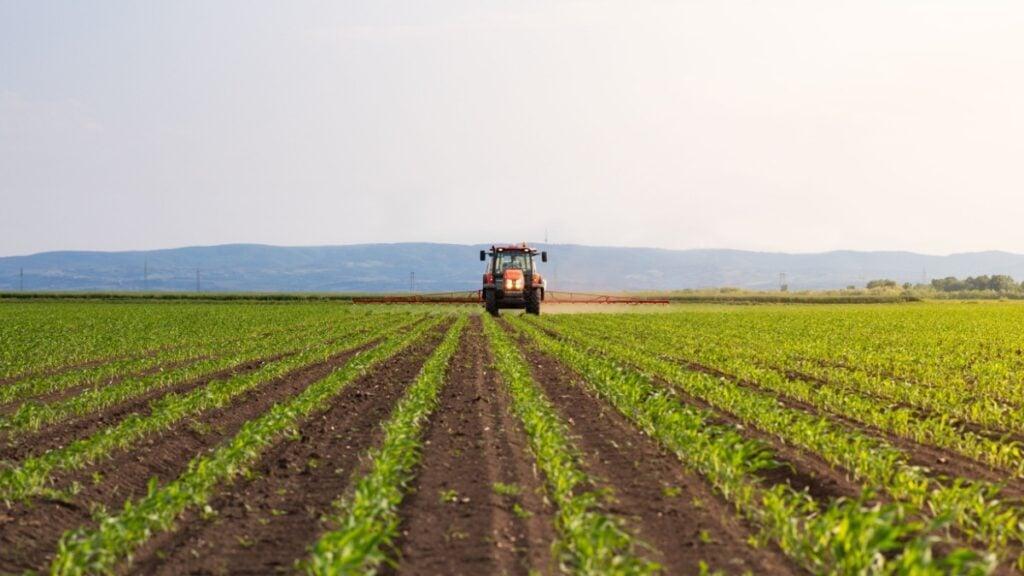Africa-Press – South-Africa. Efficient Group chief economist Dawie Roodt said the most important question in the land debate is who has the skills to make the most of it.
Roodt shares his views during a discussion about the land issue in South Africa, including the topic of land redistribution to previous owners.
The recently signed Expropriation Act, which gives expropriating authorities the option to take land for public interest purposes, made headlines around the world.
It also sparked a renewed debate about land redistribution, especially with the Act’s nil compensation clause, and whether it is fair.
Roodt argued that this debate is misguided, as farming has evolved into a technology-advanced field which requires specialised skills and resources.
Instead of the government debating who must get which land, he suggested that the focus should be on providing farmers with the needed assistance to be productive.
He explained that, in most cases, the descendants of people who had lost their land wanted to get money instead of the land.
In many cases where productive farms were taken from farmers and handed to the previously dispossessed families, the farms became unproductive.
This is unsurprising. To run a large-scale, productive farm is a highly skilled field that requires tremendous resources.
He explained that in a modern economy, the concept of an individual farmer is outdated, and most people would not survive economically.
“Traditionally, a person would borrow money from the bank, buy a farm, and perform most functions, like employing staff, running the farm, and handling technical matters,” he said.
“A farmer was a person who essentially did everything on the farm. Today, running a farming business in this manner is economically unviable.”
Farming has evolved to become a sophisticated business, requiring specialised skills in a range of fields. This means that a farmer today is essentially a manager.
“Agriculture has become a service industry with many professionals working in the sector, ranging from geneticists to HR specialists,” he said.
“This means the value of the land is diminishing in importance. What is far more important is what you do with the land.” To optimise the value of the land is twofold –
You need very specific agricultural and managerial skills
You need access to capital and specialised technology
Roodt said a responsible government genuinely committed to increasing participation in agriculture would provide people with the necessary skills and access to the best technology.
He said agriculture is becoming a field where large corporations with boards take over large pieces of land and appoint managers to optimise their productive use.
“This means the debate on who owns the land is misguided. The wealth does not come from the land, but rather from what you do with the land,” he said.
For More News And Analysis About South-Africa Follow Africa-Press






